

Latest e-shopping trends in Europe
Delivering change
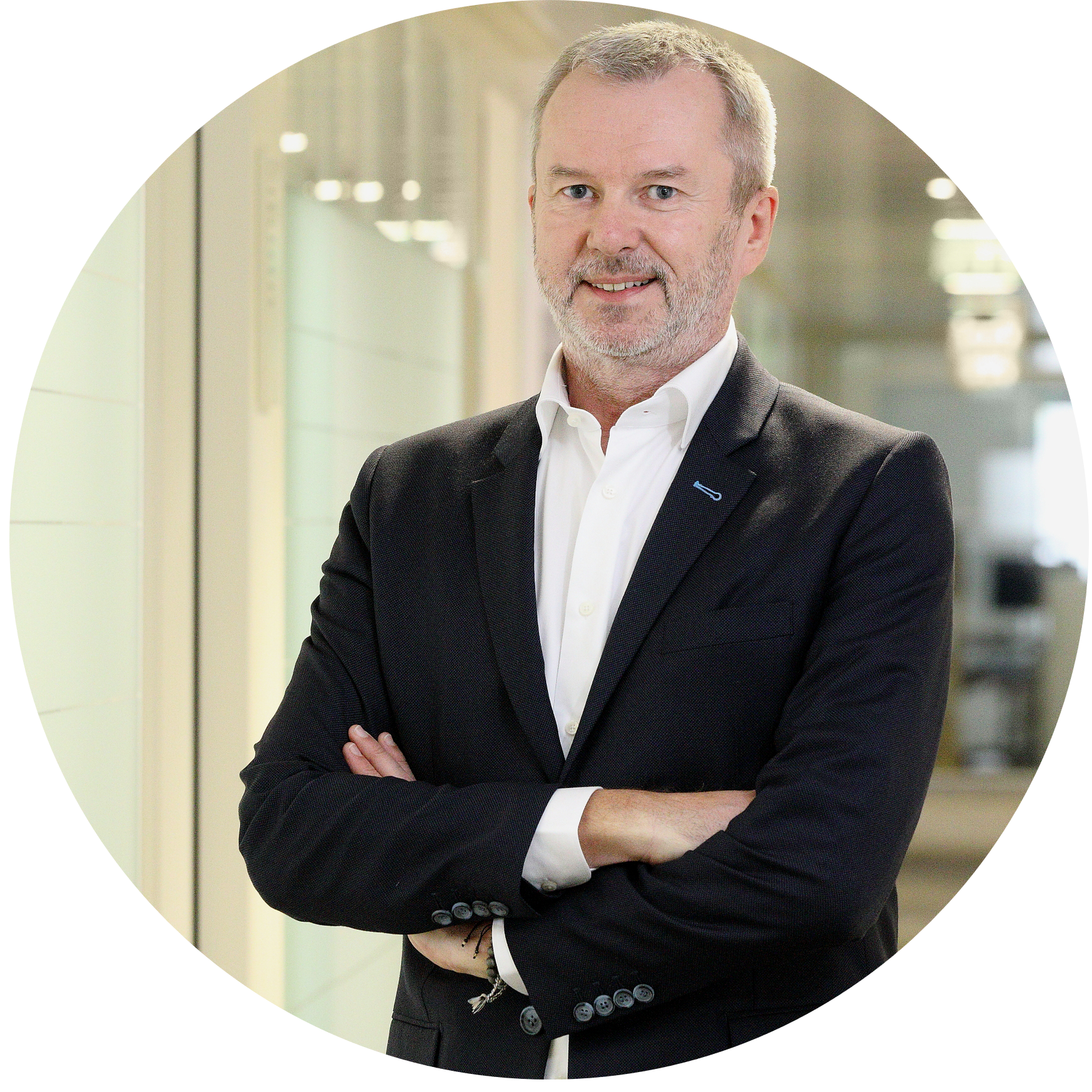

Delivering change
The only constant in life is change
The only constant in life is change”. As good example, the global e-commerce market has experienced tremendous change over the past few years. Following decades of steady growth, the health crisis of 2020 was a watershed moment for the entire industry: shoppers turned in droves to the Internet, resulting in growth that far exceeded all expectations. As a result, consumer habits underwent a dramatic shift, cementing e-commerce’s importance and heralding a new hybrid mode of consumption. Dubbed ‘New Commerce,’ this new approach expressed a certain liberty from the technological, logistic, and economic restrictions of the past. Consumers freely combined traditional and online possibilities in the way that best suited their personal tastes and preferences. In the post-pandemic era, as society seeks to adjust to an unstable context, change remains as constant as ever. If anything, its pace has only accelerated, bringing increased uncertainty as well as promising new opportunities.
Jean-Claude Sonet, EVP marketing, communication & sustainability
The new e-shopper barometer is out!
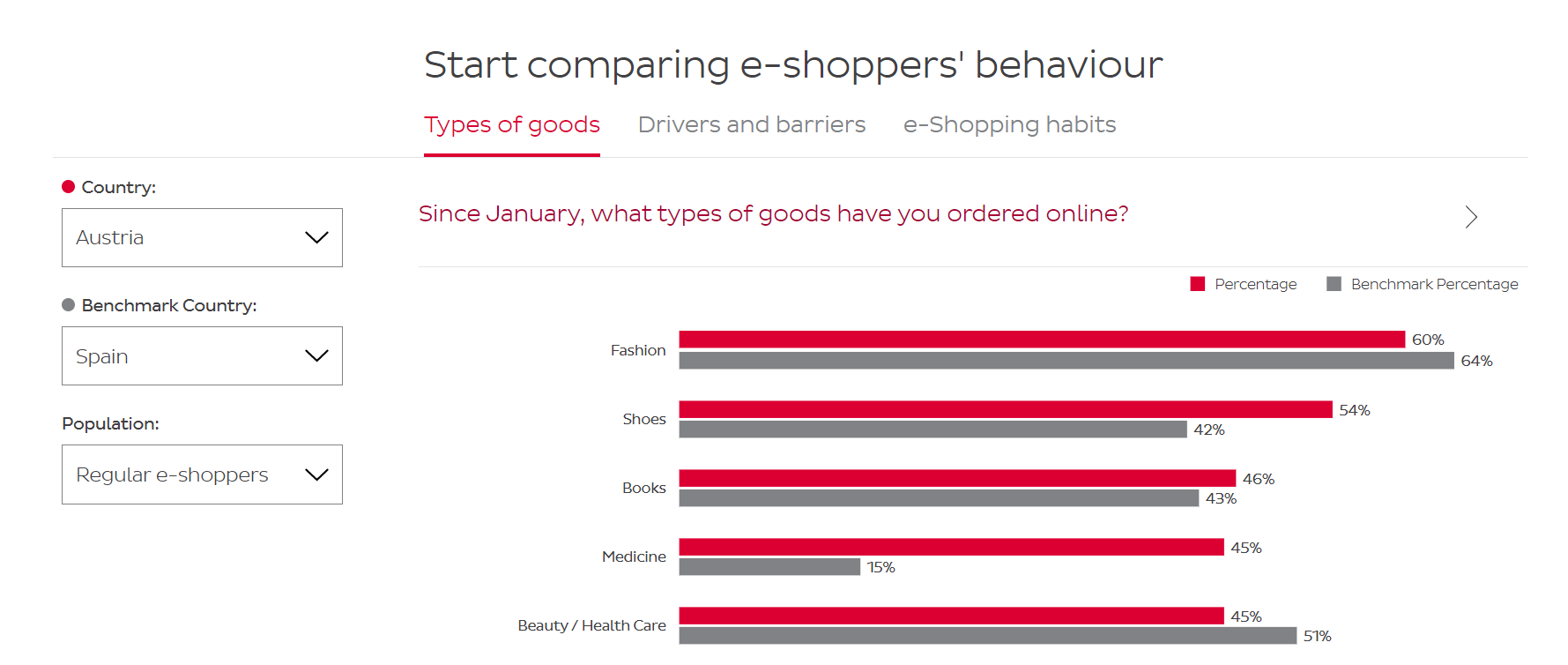

The new e-shopper barometer is out!
Discover the latest e-commerce trends in Europe.
E-commerce retains its strong appeal
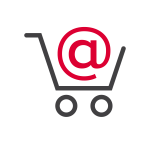
77%
of all Europeans are e-shoppers
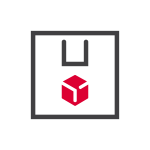
7 in 10
regular e-shoppers are buying and/or selling on C2C platforms
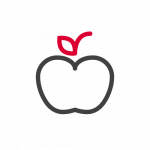
35%
of regular e-shoppers ordered fresh food and beverage online in 2022.
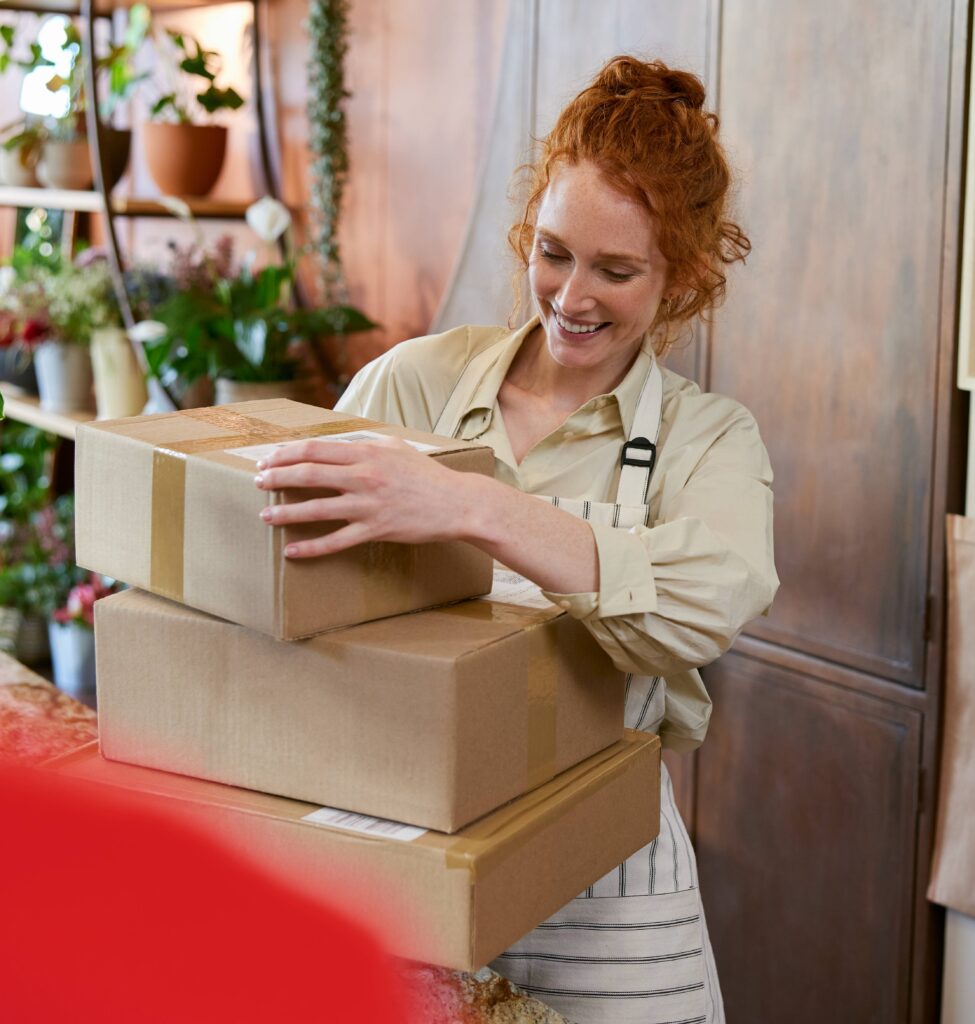
Why is the beauty and healthcare category growing significantly?


Why is the beauty and healthcare category growing significantly?
Beauty and healthcare as well as medicine are progressing significantly. One clear explanation is the effect of the pandemic, which boosted the digitalization of the health sector and accelerated the development of online pharmacies. Lockdown also greatly increased the number of online medical visits, and the purchase of medicine online is the logical next step to the online visit. For all of these reasons, the overall e-health sector is experiencing strong growth.
Frédéric Bernard, Director of Chronopost Healthcare
Did you know that?
48% of regular e-shoppers order beauty & healthcare products.
70% of regular e-shoppers are C2C platform users
E-shoppers purchase from individuals mainly because it’s less expensive than buying new products.
Regular e-shoppers who sell on these platforms also seek to save some space in their homes, and this new e-commerce method allows them to get rid of unused items while earning some extra money.
70% of regular e-shoppers are C2C platform users


E-shoppers purchase from individuals mainly because it’s less expensive than buying new products.
Regular e-shoppers who sell on these platforms also seek to save some space in their homes, and this new e-commerce method allows them to get rid of unused items while earning some extra money.
Tech: the predictability factor.


Tech: the predictability factor.
When it comes to delivery, predictability continues to gain importance in e-shoppers’ minds. Being informed about the exact one-hour delivery time slot and the ability to choose the specific day/time of delivery are more important than ever.
Society: great expectations
As e-commerce has evolved from being a novelty to a bona fide retail channel, consumers' expectations have steadily grown and are likely to continue to do so.
Thiemo van Spellen, Group Global Accounts Managing Director at GeoPost / DPDgroup, explains how consumer’s expectations evolved over the past years and what are their key expectations.
Consumers are buying slightly less than in previous years. This is largely due to the economic effects of the war in Ukraine, rising prices, and inflation. However, consumers may be buying less overall, but they are buying from a wider variety of categories. The online basket continues to diversify and now accounts for six categories bought on average.
It is interesting to see that the three categories which emerged during the COVID-19 pandemic are now part of the common online basket: fresh food and beverage, groceries, and medicine.
On the other hand, the economic criteria can explain the decrease in other categories such as books, high-tech and leisure; for example, high-tech items are long-lasting goods that do not require to be purchased on a regular basis. As e-commerce becomes increasingly common, e-shoppers' expectations have continued to rise. Today’s e-shoppers expect a smooth buying experience, swift and reliable delivery, the ability to track their parcels, and the liberty to decide when and where the parcels will be delivered.
Society: great expectations


As e-commerce has evolved from being a novelty to a bona fide retail channel, consumers' expectations have steadily grown and are likely to continue to do so.
Thiemo van Spellen, Group Global Accounts Managing Director at GeoPost / DPDgroup, explains how consumer’s expectations evolved over the past years and what are their key expectations.
Consumers are buying slightly less than in previous years. This is largely due to the economic effects of the war in Ukraine, rising prices, and inflation. However, consumers may be buying less overall, but they are buying from a wider variety of categories. The online basket continues to diversify and now accounts for six categories bought on average.
It is interesting to see that the three categories which emerged during the COVID-19 pandemic are now part of the common online basket: fresh food and beverage, groceries, and medicine.
On the other hand, the economic criteria can explain the decrease in other categories such as books, high-tech and leisure; for example, high-tech items are long-lasting goods that do not require to be purchased on a regular basis. As e-commerce becomes increasingly common, e-shoppers' expectations have continued to rise. Today’s e-shoppers expect a smooth buying experience, swift and reliable delivery, the ability to track their parcels, and the liberty to decide when and where the parcels will be delivered.
Key takeaways
• Fresh food and beverage continue to thrive
• Price consciousness is shaping consumer behavior
• E-shoppers have higher expectations than ever
• Predictability is key to customer satisfaction
• OOH solutions are gaining ground
Key takeaways
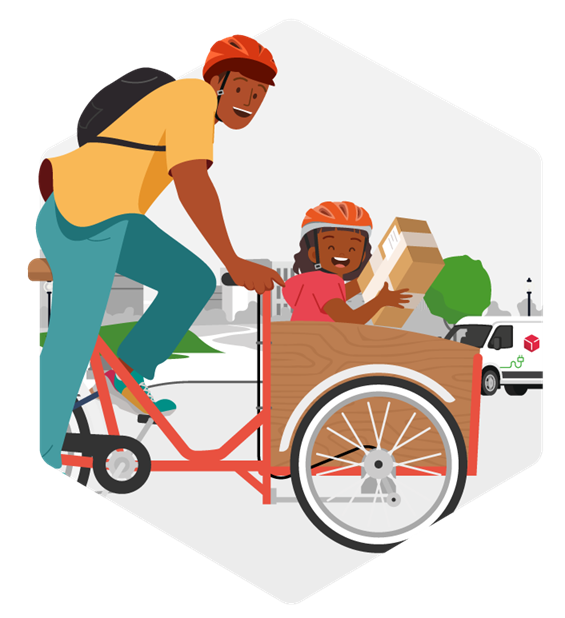

• Fresh food and beverage continue to thrive
• Price consciousness is shaping consumer behavior
• E-shoppers have higher expectations than ever
• Predictability is key to customer satisfaction
• OOH solutions are gaining ground
Homepage / E-shoppers in Europe


